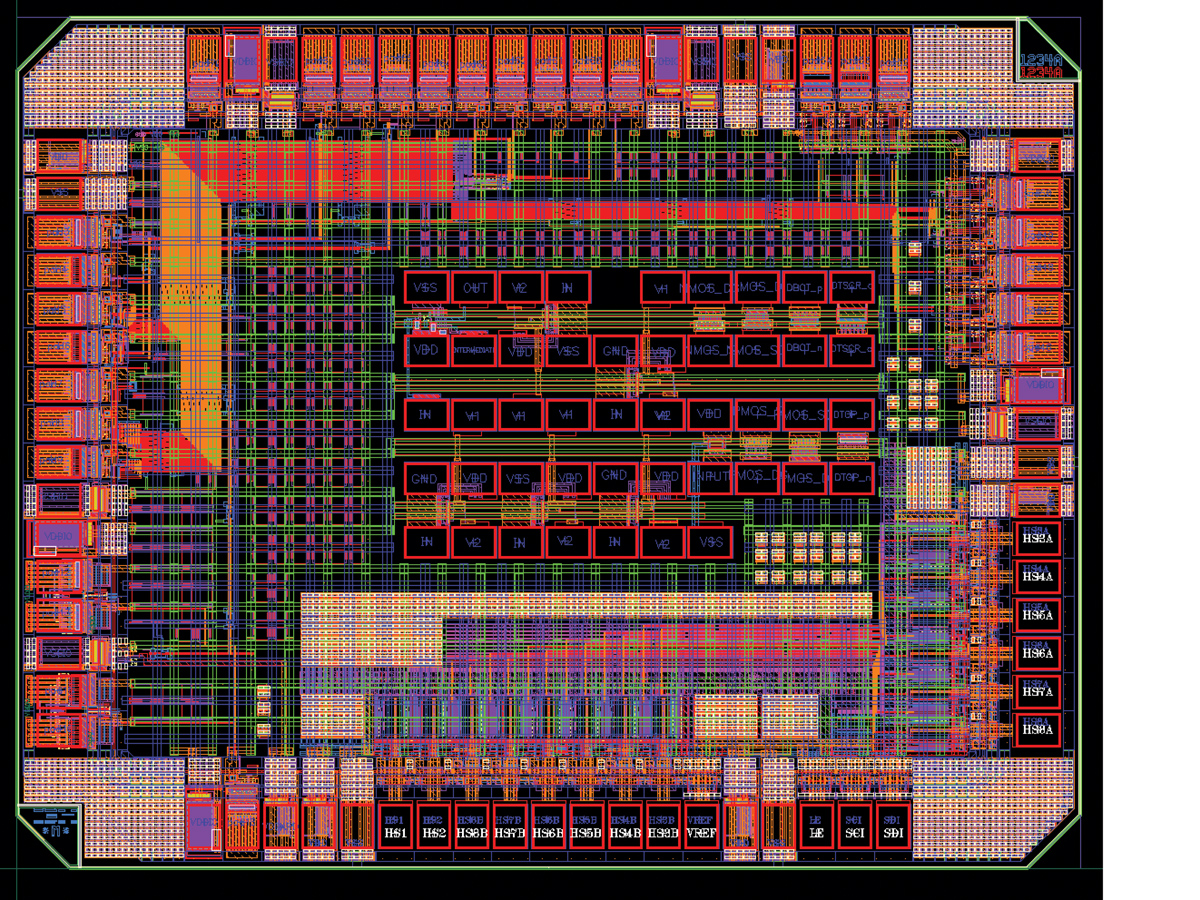Elyse Rosenbaum
 Machine Learning Models for Reliability Analysis
Machine Learning Models for Reliability Analysis
Machine-learning is the application of statistical learning theory to build models (or predictors) from data. Professor Rosenbaum will use machine-learning methods to optimize the design of electronic systems, with a special focus on reliability. Electronic systems range from a system-on-a-chip to a computer tablet to an automotive electronic control unit.
Today, systems (or products) are designed to meet specifications, that is, to be good enough. In contrast, an optimal design would achieve the lowest possible power consumption, or the highest data-rate, or the longest lifetime, or the lowest price, depending on the metric or metrics used to measure goodness. The optimal design cannot be identified through a full design-space exploration because the number of variables is too large. Additionally, the system components have variability, both due to imperfect control of the manufacturing process as well as to fundamentally stochastic physical processes. Finally, imperfect physical understanding impedes the development of mathematical models of certain phenomena. It is hypothesized that machine-learning methods can remove these hurdles, allowing for the creation of (i) behavioral models that can be used for design space exploration, (ii) generative (stochastic) models that can be sampled from to obtain a representation of the range of system responses, and (iii) models learned directly from data.
During her CAS appointment, Professor Rosenbaum will focus on creating methods to model system-level ESD response and circuit aging. ESD—electrostatic discharges—are unavoidable during the (mostly automated) manufacturing process as well as during routine handling by end-users, e.g., consumers. The behavior of an integrated circuit—its ability to filter a signal or process data—slowly changes as a function of the operating hours, a process referred to as aging.
